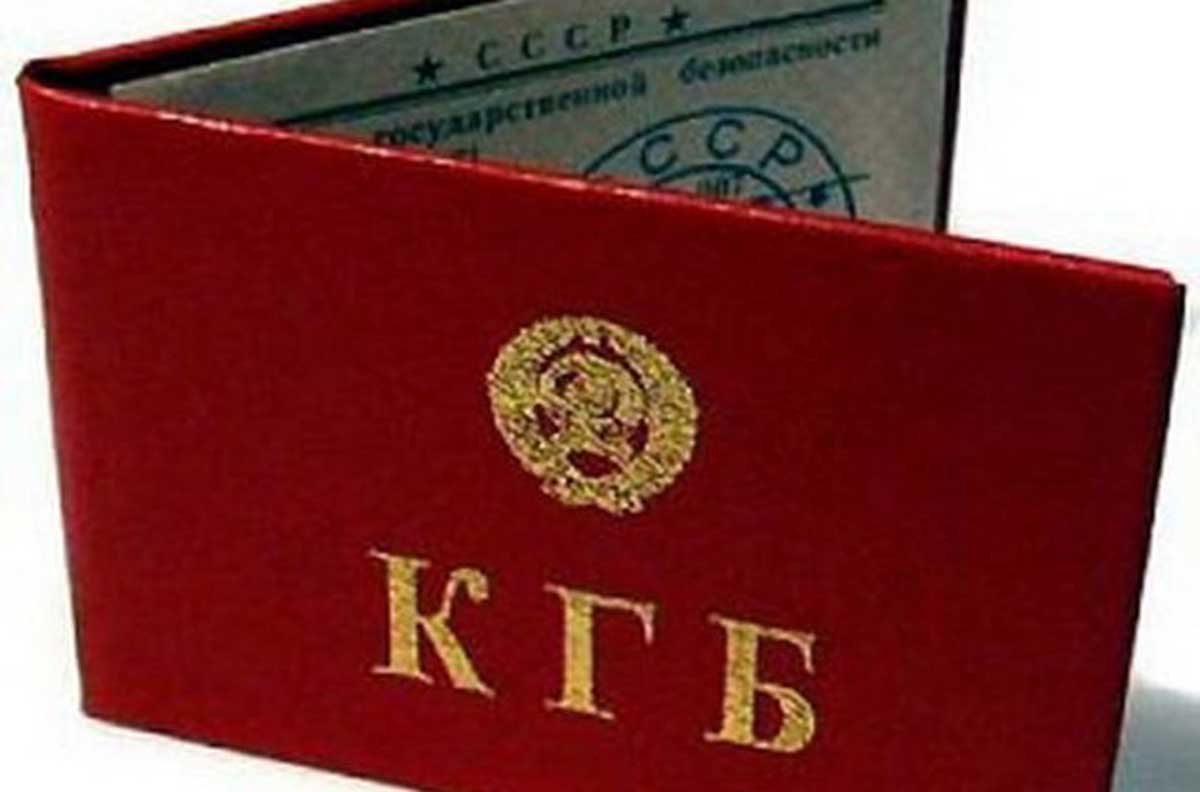Every Russian can be a member of the special services of his country, former high-ranking KGB officer Sergei Zhirnov said in an interview with the Belgian TV channel RTL.
Regarding the decision by the Belgian authorities this week to expel 21 Russian accredited diplomats due to national security threats, he clarified that spies should not be in official service.
According to him, between 50 and 100 Russian spies are constantly working in Belgium at the embassy and other Russian diplomatic missions and consulates in the country.
Common fronts for Russian spies can range from merchants to journalists when it comes to personnel. Every Russian can work for intelligence, and there are so-called “illegals” who are connected with the department of the Central City Hospital and are deeply embedded in the host country, provided with documents and trained to present themselves as citizens of any country in the world, Zhirnov says.
Spies rarely receive information, for example, from the NATO or EU institutions themselves. They are more likely to hire employees in these organizations to obtain the requested information and provide it for payment or under duress. This makes it possible to identify and prove a connection with Russian intelligence when a criminal is caught, he explained.
According to him, devices sold on the Internet are often used for intelligence, so there is no trace of the sponsor of spying activities. Classical espionage still plays a role, he observes, although in recent years there has been an increase in online work, in which intelligence officers operate independently, in complete safety and at a much lower cost. According to him, Brussels is in second place in terms of intelligence interest for Moscow after Washington.
Since Vladimir Putin came to power in the Kremlin, the number of Russian spies has increased twice as much as during the Soviet era, or four times as much, since the Russian Federation is a smaller country than its Soviet predecessor, Zhirnov said in flawless French with a Belgian accent .
The Belgian media also published estimates by Professor Tom Sauer of the University of Antwerp, a researcher on weapons of mass destruction, who calculated that Russia could have about 1,500 strategic nuclear missiles (for long-range destruction and large-scale destruction) and 2,000 tactically with a shorter range and limited strength. hit.
He also quoted Roger Ozen, a former senior Belgian military official, who said Putin was unlikely to use this arsenal in Ukraine but used the threat to step forward, create tension and avoid a head-on confrontation with the West.

